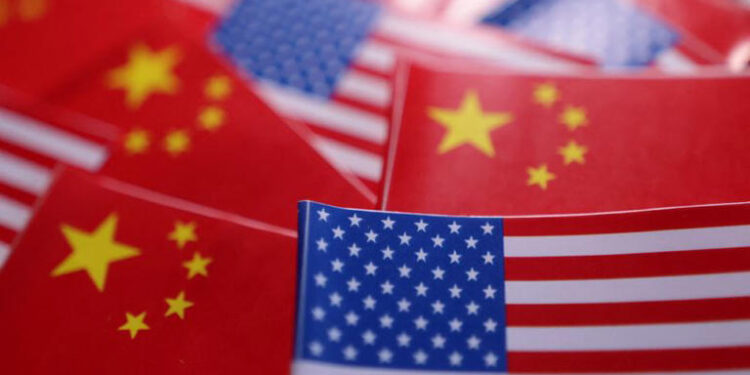Vice President Dr Mahamudu Bawumia has explained that the most important aspect of Gold-for-Oil policy is not the reduction in fuel prices, but the savings Bank of Ghana (BoG) will make in foreign exchange. He thus noted that the government is highly optimistic that the Gold-for-Oil policy will continue to achieve positive results.
Speaking at a forum organized by the Bulk Oil Storage and Transformation (BOST) company in Accra, on Wednesday, March 15, 2023, Dr Bawumia noted that the policy is seeing stability in the exchange rate and fuel prices.
“The most important aspect of the gold-for-oil policy is not just the reduction in fuel prices, but the most important aspect is the savings in foreign exchange that the Bank of Ghana will make as a result of the lower demand for forex to import oil. That saving is huge. We are currently importing about 50 to 60 percent of oil under this policy, the goal is to move to 100 percent and that will be done this year. We have to understand that prices of fuel will go up and will come down but what we expect to see under the Gold-for-Oil policy is more stability in the pricing and also savings in foreign exchange.
“There is more to come, this is the third month of operation of the policy, some people said it will not work, and Ghana doesn’t have enough gold. How can you say that? We have been mining this gold for 200 years, and they keep taking it out and it cannot work for us? It doesn’t make sense. There are people who are very disappointed that it is working but bleeding is allowed. We have an impossibility mind-set, and they can keep to it, for us all things are possible by the grace of God.”
Dr Mahamudu Bawumia
Dr Bawumia indicated that he is happy to note that the Gold-for-Oil policy is the first policy of its kind in Ghana since independence to address this type of balance of payment crisis that the country faces. “In my humble opinion, this is the most important macroeconomic policy intervention to deal with the exchange rate depreciation, fuel prices, food prices, and inflation nexus that we have had”.
“As a result of the policy, we have not only seen a decline in the price from 23 Cedis per liter to around 12 Cedis per liter, but we have also seen stability in the exchange rate as we predicted. I say all thanks should go to the Ministry of Energy, to BOST, to NPA, the Bank of Ghana, the Ministry of Lands and Natural Resources and the PMMC who rose up to the occasion when we faced those crises of rapidly depreciating currency along with rapidly increasing fuel, transportation, and food prices.”
Dr Mahamudu Bawumia

Innovative Way of Easing the Pressure On the Local Currency
Dr Bawumia earlier justified the ‘Gold-for Oil’ programme saying that it is an innovative way of easing the pressure on the local currency against the major trading ones, especially the Dollar.
Speaking at the 74th annual new year school of the University of Ghana on Tuesday, January 17, he said while justifying the programme that “How are we going to change this whole way of doing business as far as our natural resources were concerned? Take the case of gold in Ghana, we have mined gold for over 200 years, and when I looked at the data I realized that our total reserves of gold in Ghana was just 8.7 tonnes at the end of 2021”.
“One of the largest gold mining countries, we are in the top 10 in the world but we have not accumulated gold to build our reserves. We looked at the other side of the balance sheet, we export gold and we import oil. The cost of oil import is about 3 billion dollars a year. So we ask the simple question, why don’t we, since we have always got pressure in finding US Dollars to buy oil, rather reach an agreement to change our gold for oil and then, sell the oil in cedis and then, use the cedis to buy more gold, use that gold to pay for oil, sell the oil in cedis and then you don’t need to look for the scarce foreign exchange to buy oil, which always leads to depreciation on the currency.
“With this idea, we said, let us do something that the textbooks don’t teach you, let us do something that is out of the box and this is why we said gold-for-oil. We quickly looked at this and we negotiated with the suppliers of oil who were very excited and happy to receive gold in payment.”
Dr Mahamudu Bawumia
Meanwhile, Ghana took delivery of the first consignment, 40,000 metric tons of oil at the Tema port on Sunday, January 15, 2023. The gold for oil initiative is an attempt by the government to move away from the US dollar for international transactions.





















